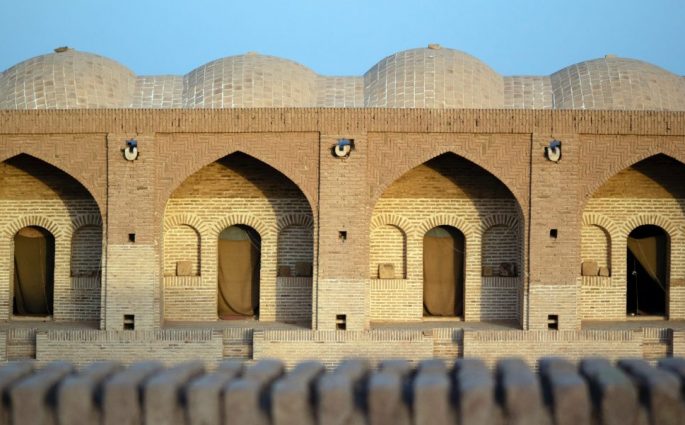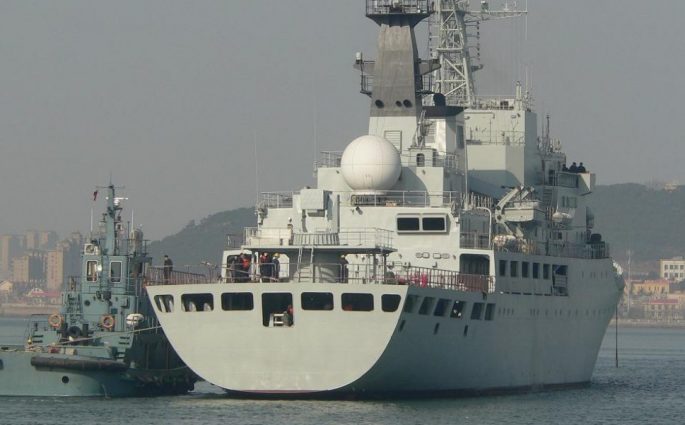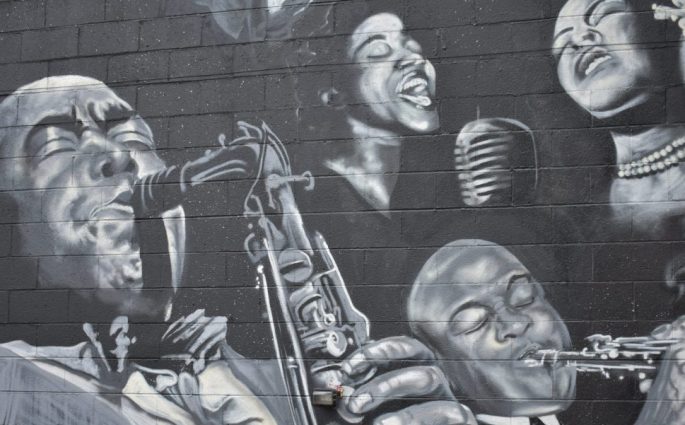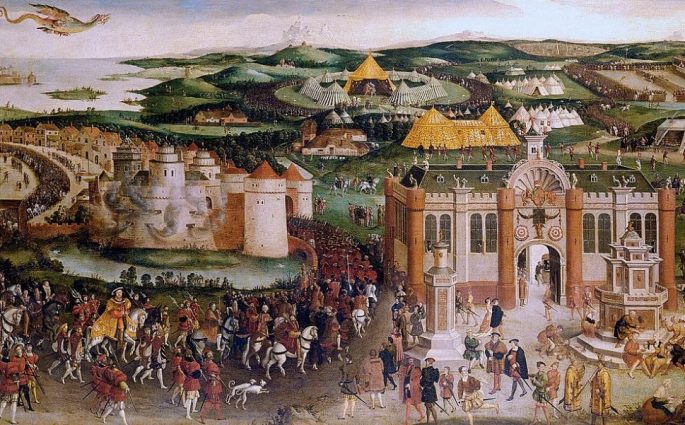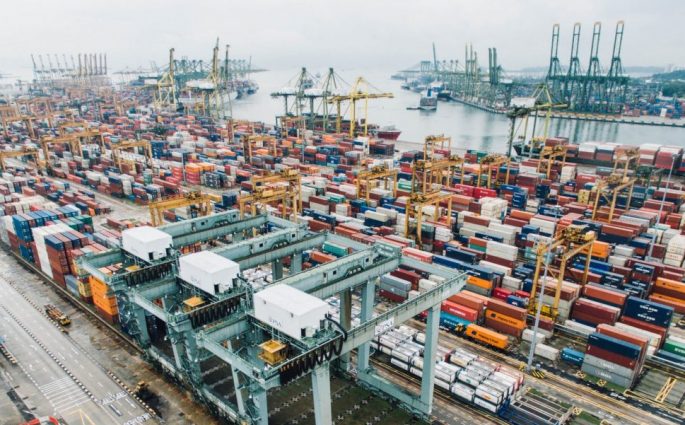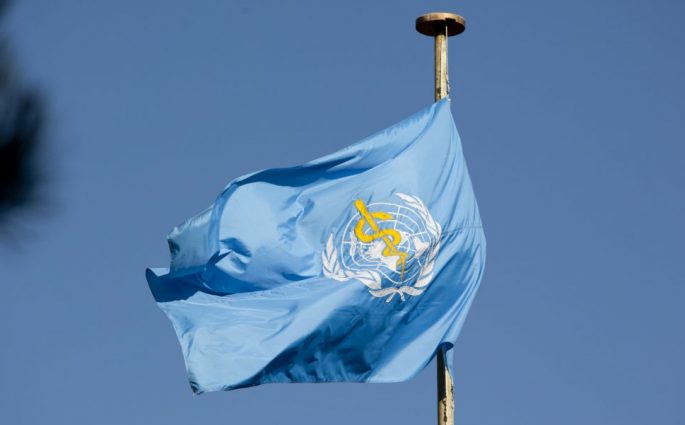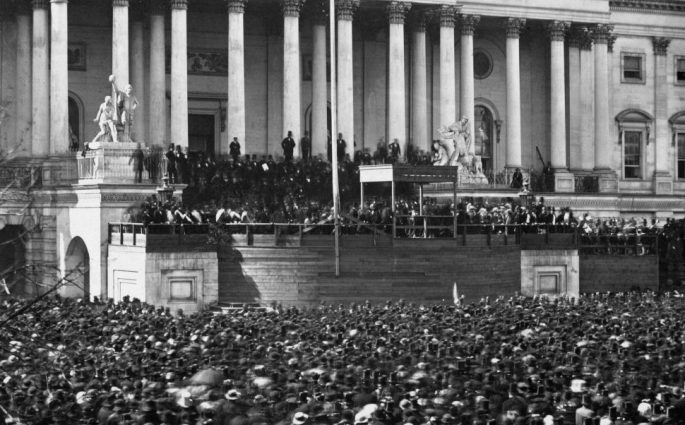The Last Shah
Ray Takeyh— Why did Iran have a revolution in 1979? The immediate causes can be easily summarized: The economic recession of the mid-1970s had halted the shah’s development projects and created expectations that the state could not meet. Pervasive repression was making peaceful protest impossible. The decayed Pahlavi state lacked

